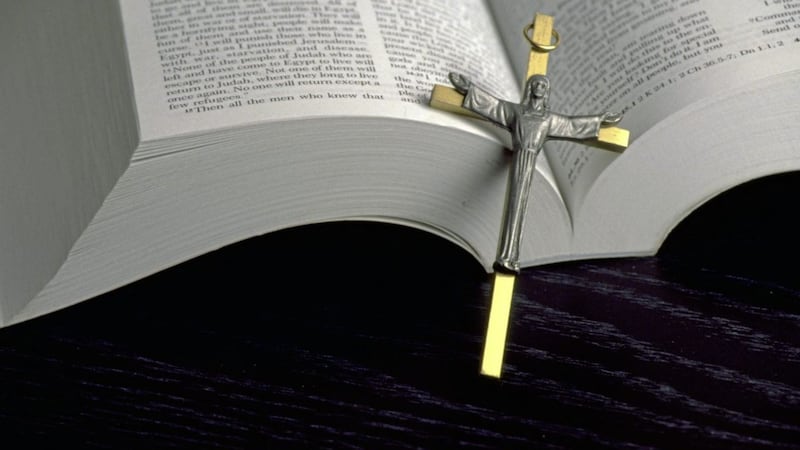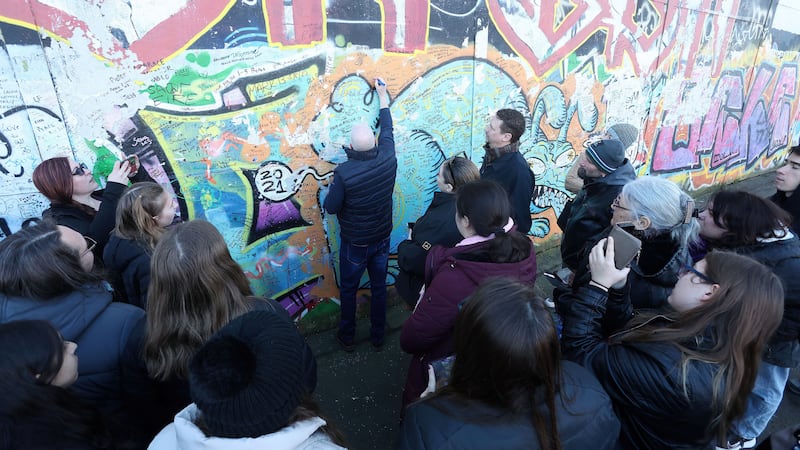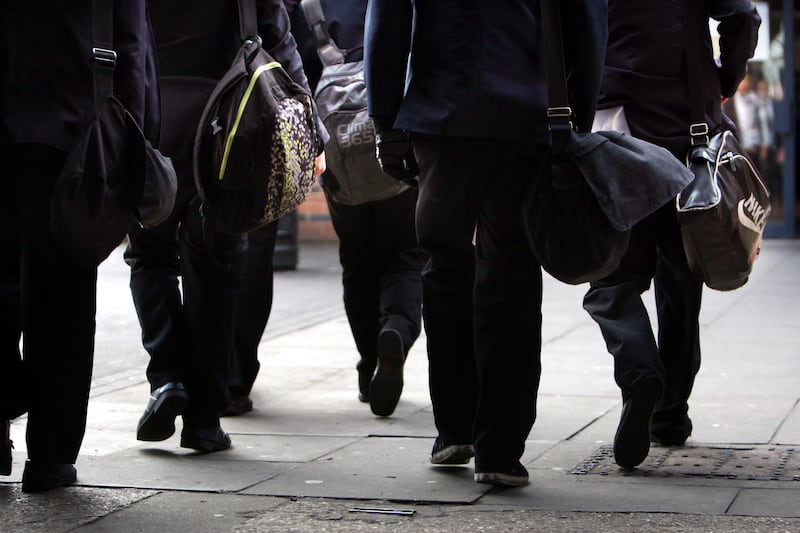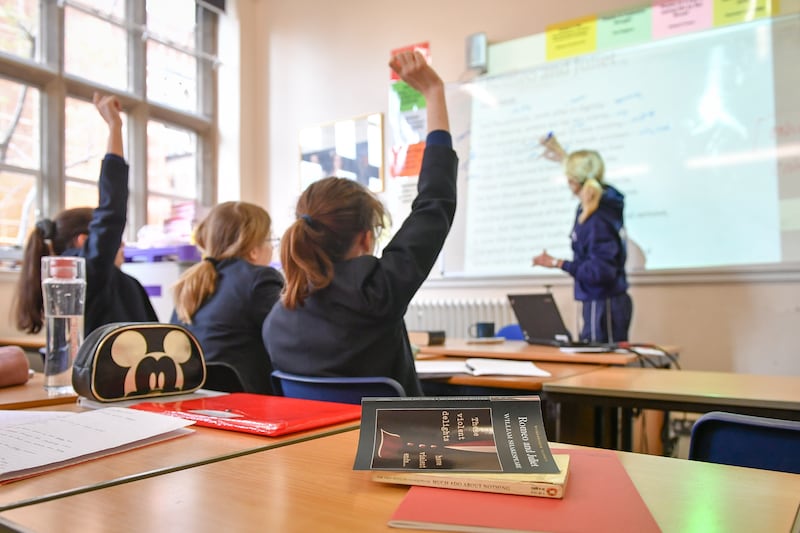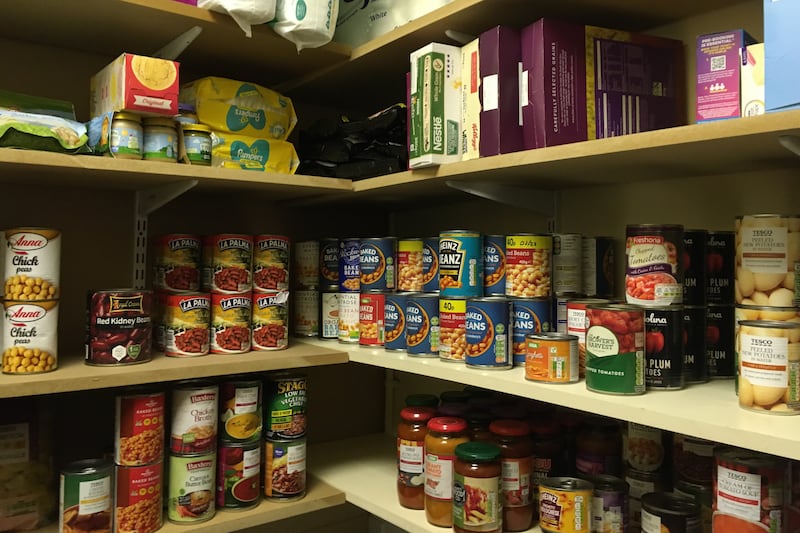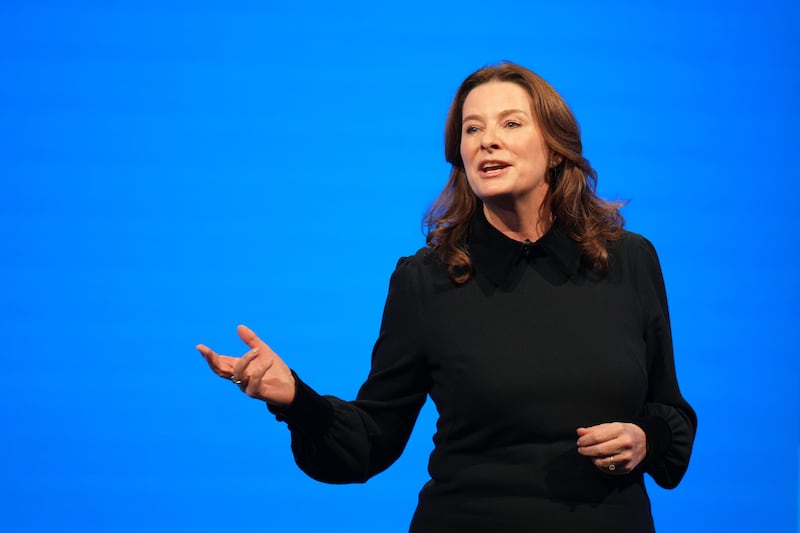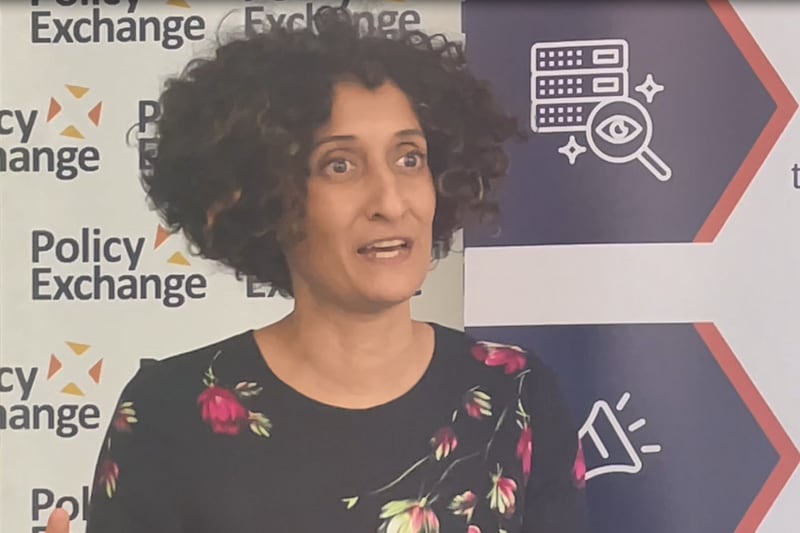THE relationship between churches and schools has been questioned by a new academic study.
While Catholic schools make up the only major faith-based sector, academics found almost every school was "church-related".
The findings are included in a paper published by the Transforming Education project at Ulster University.
It is examining aspects of the education system "which are not as effective as they might be".
The project has been developing briefing papers focussing on policies relevant to integration and separate schooling.
The latest study explored statutory requirements for religious education and worship in schools.
It noted that the demographic profile of Northern Ireland was changing but educational provision was slow to respond.
While multi-faith approaches had been adopted in Britain and the Republic, the pre-eminence of Christian teaching in the north's schools was retained "at a level where it may be reasonable to ask whether the NI RE syllabus is about education or Bible instruction".
Pupils must study religion from 4-16 years, unless parents ask them to be withdrawn from classes. All schools must also provide a daily act of collective Christian worship.
While parents are entitled to request their children are withdrawn, the study found "schools may not always be transparent about the existence of this option".
It found that all schools were `faith informed', although the prominence of religion within various sectors differed.
State controlled schools were non-denominational rather than secular, it said, which was exemplified in the French system where all conspicuous religious symbols are banned.
While it was suggested that, for controlled schools, "the balance is tilted firmly in favour of the secular over the religious", the Controlled Schools Support Council was clear that "controlled schools are church related and work within the ethos of Christian values and principles".
In spite of having been largely established in the absence of any official church representation, integrated schools were also "essentially Christian in character".
The report said Northern Ireland had a small and growing population who professed a non-Christian faith.
There are currently 27 state funded Muslim schools in England, one in the pipeline in Glasgow and two in Dublin.
"Christianity pervades Northern Irish education and schools have been shown to have difficulty in accommodating those of other faiths and none who choose not to participate in RE and collective worship in school," the report said.
"In the light of the prerogative of parental choice that underpins other educational policies it is reasonable to consider that the Islamic community here may soon wish to establish their own school."
The report concluded by asking "is the current relationship between education and the churches still appropriate?"
"Notwithstanding the considerable progress made since 1998, Northern Ireland remains deeply divided," it said.
"This division is arguably most enduring in the structure of an education system where 93 per cent of pupils attend schools that are to some extent defined by the Catholic/Protestant schism.
"Is religious education about promulgating a particular faith or version of Christianity or is its purpose to engage pupils in a metaphysical exploration of their understanding of right and wrong in a complex world? Is it about instruction into a particular pattern of religiosity or about developing a general morality?"
